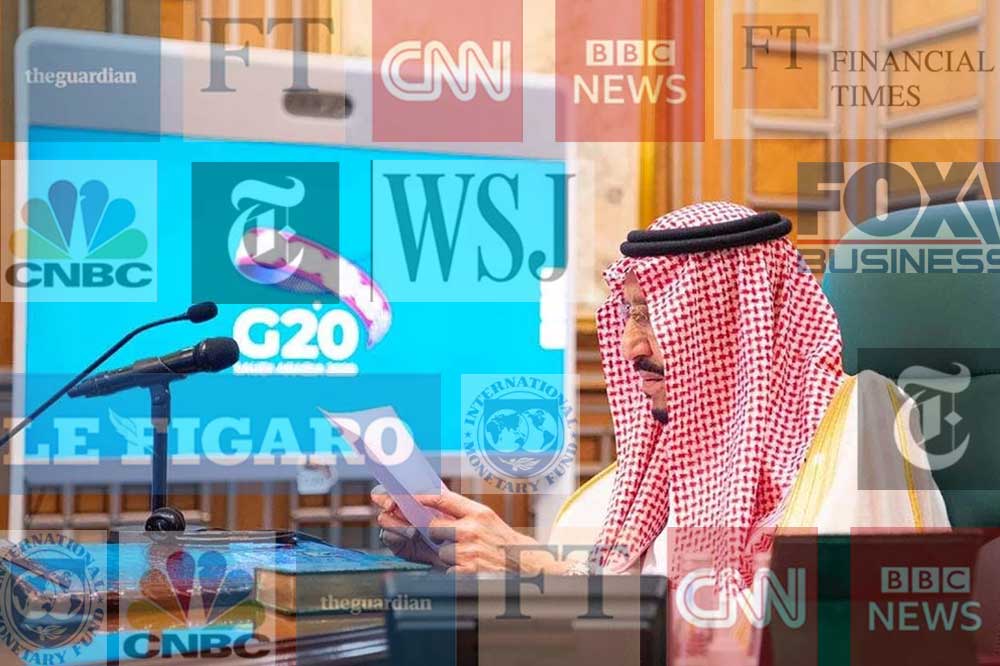
Upon spearheading the Group of 20 (G20) this year, Saudi Arabia managed to host virtual extraordinary global summit meetings with world leaders to tackle coronavirus disease and its economic repercussions. The fifteenth G20 meeting is still set to happen in the capital Riyadh in November 2020. Here’s how global news outlets reported KSA’s 2020 presidency:
Le Figaro on March 24
G20 : l'Arabie saoudite appelle à une «réponse efficace et coordonnée»(G20: Saudi Arabia calls for an efficient and coordinated response)
Le Figaro reported in French and it roughly translates to: “Saudi King Salman invited the G20 leaders to attend an extraordinary virtual summit on Thursday to work on an "efficient and coordinated response" to face with the coronavirus pandemic.”
International Monetary Fund on June 4
Saudi Banks Face Tough Few Quarters but Are Well Capitalised, Say CEOs
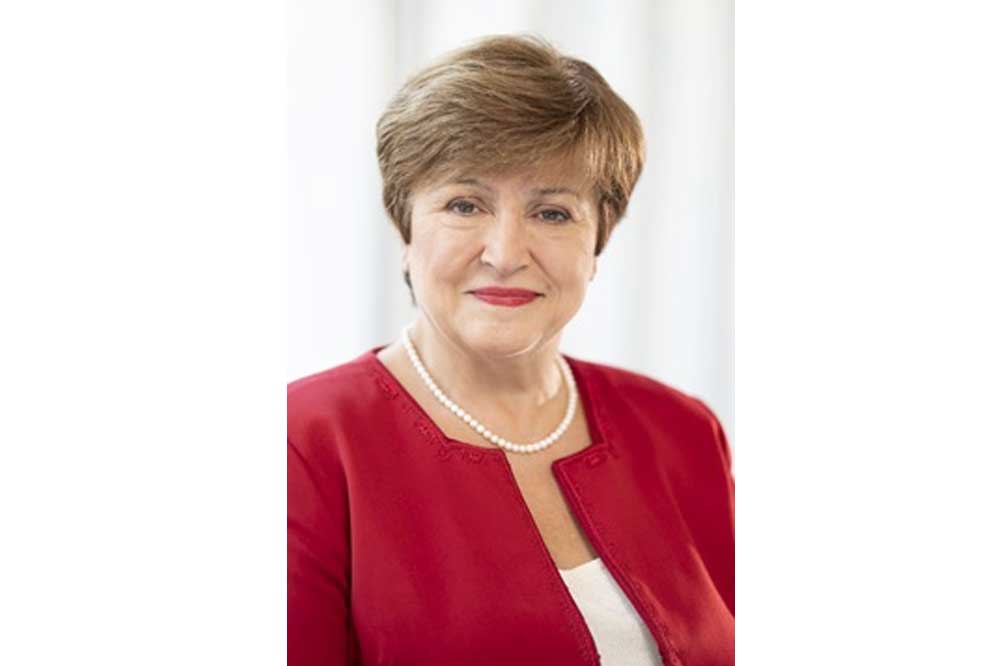
IMF writes: “International Monetary Fund Managing Director Kristalina Georgieva made the following statement today following a conference call of G20 Leaders’ Summit:
“I am grateful to the Saudi presidency for calling this extraordinary summit – so we can close ranks as a global community to protect people’s lives and guard the world economy.”"
Wall Street Journal on March 26
G-20 Nations Pledge $5 Trillion to Spur Global Economic Recovery From Coronavirus
WSJ writes: “The leaders of the Group of 20 nations said that they would collectively spend more than $5 trillion trying to insulate the global economy from the impact of the coronavirus pandemic and help speed a recovery.”
CNBC on March 26
Trump faces crucial test at the G-20 meeting as world leaders meet to battle coronavirus
CNBC writes: “Thursday’s meeting could be an opportunity to put critics to rest. Saudi Arabia, which holds the rotating G-20 presidency this year, will host an emergency virtual meeting aimed at a coordinated global response to the pandemic.”
Wall Street Journal on March 29
What the G-20 Can Do About Coronavirus
WSJ writes: “The G-20, currently chaired by Saudi Arabia, brings together the countries that can make a difference: the U.S., U.K., China, the European Union and its largest member countries…”
Financial Times on February 16
Iran elections, Saudi Arabia G20 summit, coronavirus
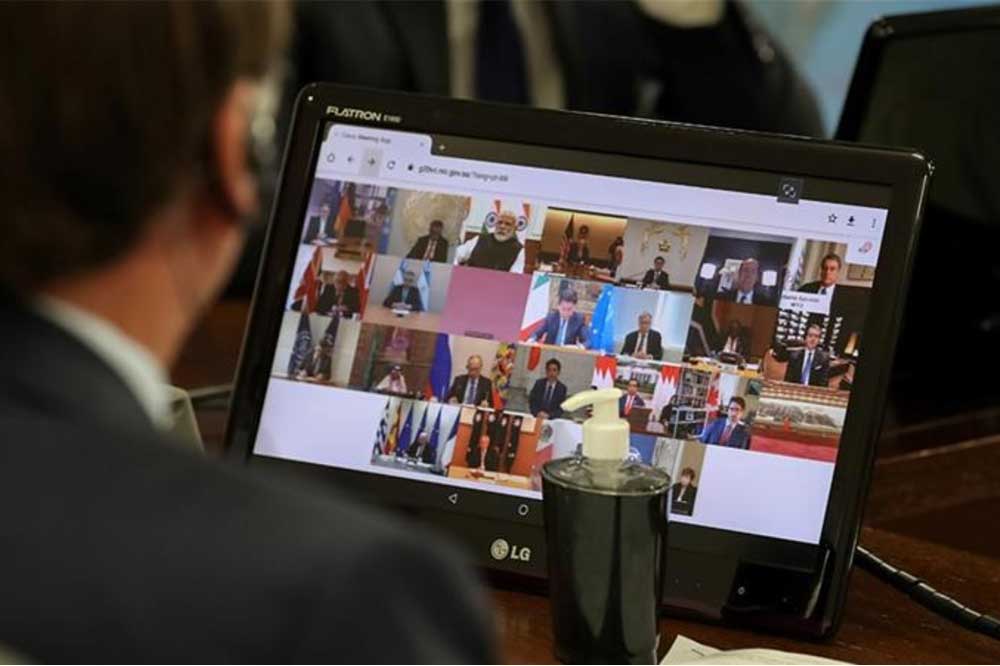
FT writes: “Saudi Crown Prince Mohammed bin Salman hopes to take advantage of what he’s calling a unique opportunity to shape international consensus.”
Fox Business on March 30
G20 ministers agree to keep markets open, tackle pandemic supply disruptions
Fox writes: Yousef Al-Benyan, chair of the Saudi Business 20 which engages the global business community, told Reuters the coronavirus crisis proves the importance of cross-border trade which he said would be vital to economic recovery.
The Guardian on February 23
G20 sounds alarm over climate emergency despite US objections
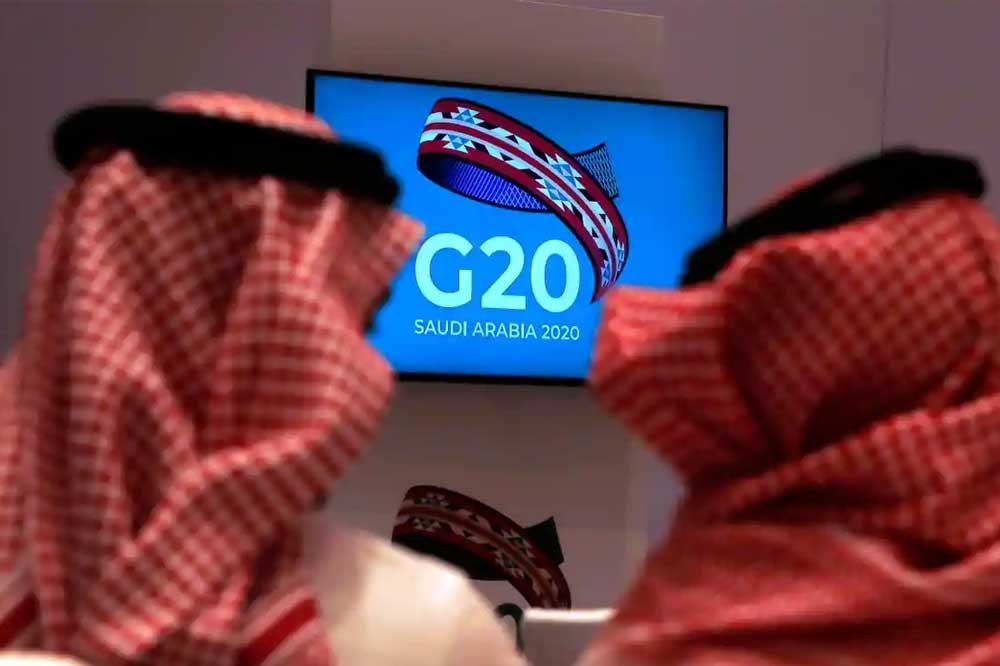
The Guardian writes: “Overcoming objections from Donald Trump’s US administration, G20 finance ministers and central bank governors meeting in Saudi Arabia over the weekend agreed to issue their first communique with references to climate change since the beginning of the Trump era, according to reports from Reuters.”
CNN on March 26
G20 videoconference gathered world leaders coping with coronavirus

CNN writes: “Opening the meeting, Saudi King Salman -- this year's G20 president -- said the "human crisis requires a global response. The world counts on us to come together and cooperate in order to face this challenge.”
Bloomberg on March 25:
G-20 to Hold Virtual Summit on Virus’s Social, Economic Impact
Bloomberg writes: “The gathering will be chaired by Saudi Arabia’s King Salman, who made a rare public appearance earlier this month telling citizens that his administration was doing everything it could to confront the outbreak.”
New York Times on May 28:
Debt Relief Plans for World's Poor Countries Inch Forward
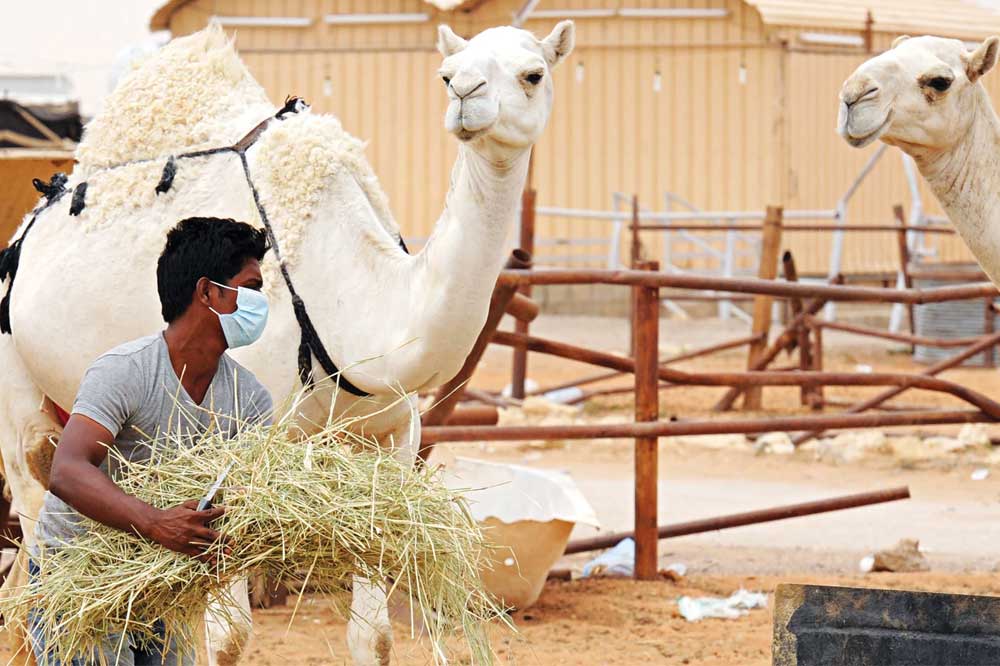
NYT writes: “The Saudi G20 secretariat, in a statement issued after an extraordinary working group meeting, said the debt relief initiative could provide $14 billion in liquidity as more countries signed up. But it said the amount could be even higher if additional creditors such as multilateral development banks and private-sector creditors joined the initiative.”

















